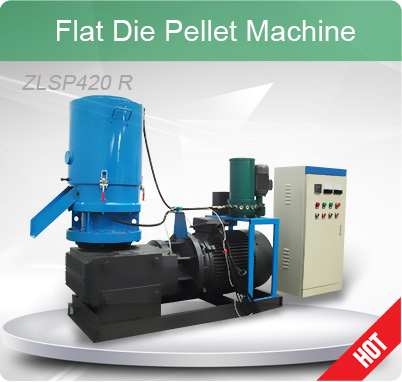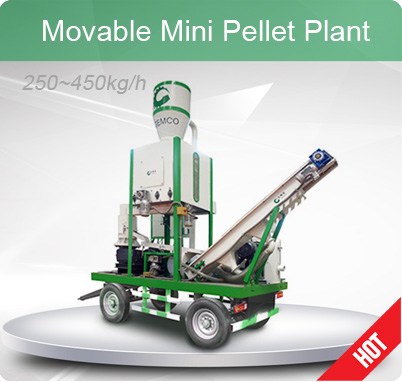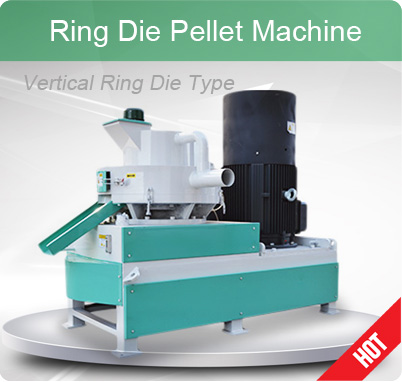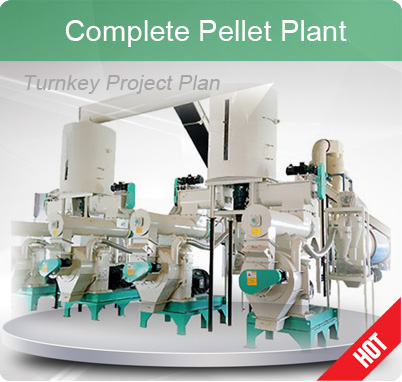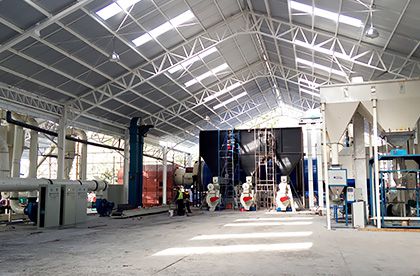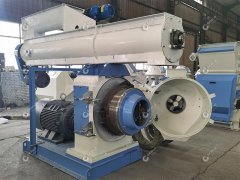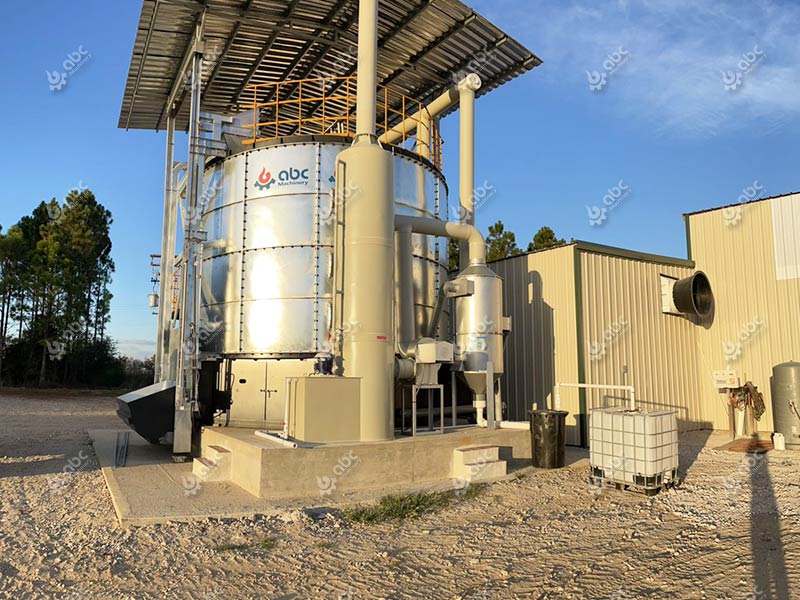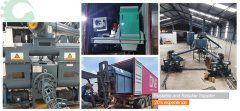Benefits of Horse Manure Pellet Machine for Fertilizer Production
Horse manure is a high quality organic fertilizer rich in nutrients such as nitrogen, phosphorus and potassium, which is very beneficial to plant growth. Compared with chemical fertilizers, using horse manure as fertilizer not only improves the soil structure, but also improves the soil's ability to retain water and nutrients, and promotes root development, thus enhancing the crop's resistance to diseases. In addition, the organic matter in horse manure gradually releases nutrients and extends the duration of fertilizer efficacy, which makes it the organic fertilizer of choice for many farmers and gardening enthusiasts. After being processed using a horse manure fertilizer machine, it can quickly ferment, remove odors, enhance fertilizer efficiency, and greatly reduce manual processing time, making it suitable for large-scale agricultural production. Below we will learn together how to use the horse manure pellet machine to achieve the purpose of profitability.
In addition, horse manure is also used as an environmentally friendly fuel, and we will also learn about the processing methods of making horse manure into biomass fuel.
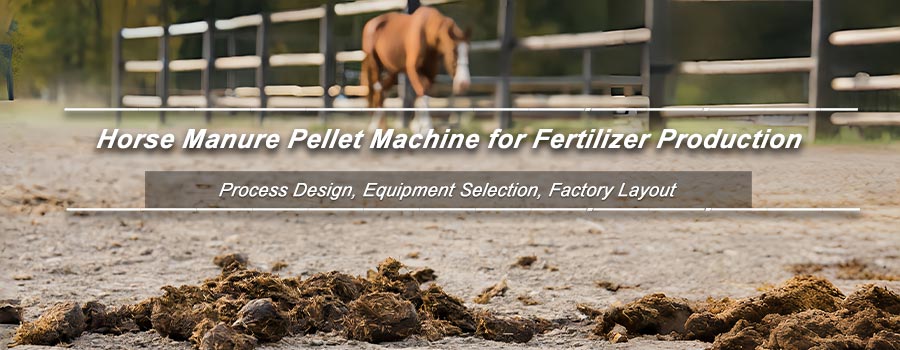
Horse Manure Pellet Machine for Biofuel and Fertilizer Business
How to Make Horse Manure Fertilizer with Pellet Machine?
Next, I will detail the steps of horse manure pellet fertilizer production process to help farmers and investors understand the entire process.
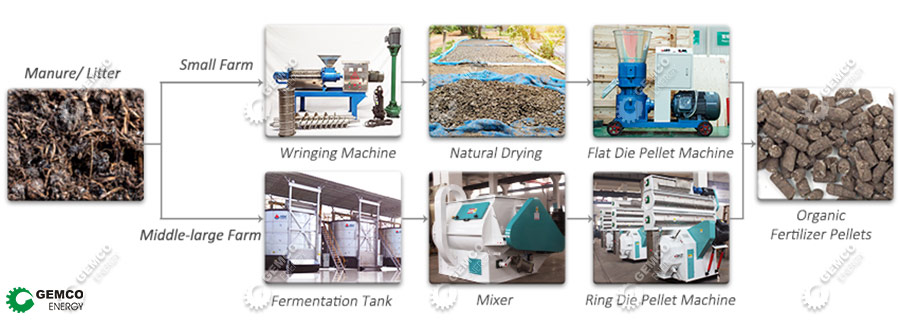
Horse Manure Pellet Fertilizer Manufacturing Process Flow Chart
- Fermentation Process
Horse manure needs to be kept at a temperature between 55-70℃ during the composting and fermentation process, and the fermentation time is 15-20 days. Turning the pile at the right time ensures adequate aeration and promotes the decomposition of pathogens and grass seeds. After fermentation, the moisture content of horse manure is reduced to about 30%, which is suitable for pelletizing.
- Crushing and mixing
The fermented horse manure needs to be processed with a manure crusher machine, and the granularity is controlled in the range of 3-5 millimeters. At this time, you can add 30% of straw, wood chips and other organic materials, as well as amount of nitrogen, phosphorus and potassium fertilizer, to optimize the effectiveness of fertilizer.
- Pelletizing
Use the horse manure pellet machine to press the mixture into particles with a diameter of 3-5 mm. The temperature of the pelletizing process should be controlled at 60-80°C to ensure the formability and hardness of the pellets. The moisture of the pellets is reduced to 10-15% for easier preservation.
- Cooling and Sieving
The pellets are processed by cooling equipment, the temperature is reduced to room temperature (below 25℃), and unqualified pellets are rejected by sieving equipment to ensure uniform quality.
- Packaging and Storage
Granular fertilizers meeting the specifications can be packed automatically and placed in dry and ventilated warehouses, and the shelf life of pelletized fertilizers is usually up to 6-12 months.
In the process of making horse manure pellet fertilizer, choosing the right manure fertilizer production equipment is crucial. As a professional organic fertilizer equipment supplier, GEMCO offers a complete set of efficient horse manure pellet fertilizer production line equipment, including fermentation equipment, pulverizers, compost mixing equipment, manure pellet machines, cooling and screening equipment, and packaging machines. Our manure processing machines are characterized by low energy consumption, high output, easy operation, convenient maintenance and durability, etc. In addition, we can also provide customized manure fertilizer production line design and fertilizer plant layout optimization solutions according to the needs of investors of different sizes.
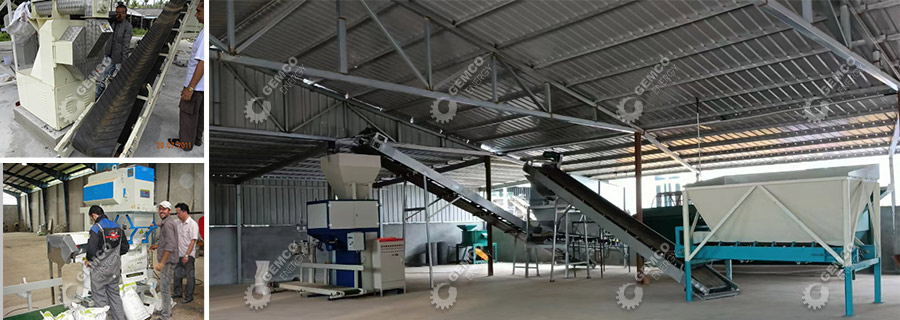
Turmkey Horse Manure Pellet Fertilizer Plant for Sale
If you are interested in horse manure pellet fertilizer production machines, welcome to consult ABC Machinery. We will provide you with the latest equipment quotation, production line design and a full set of technical support services.
Burning Horse Manure as Fuel: GEMCO's Green Solution
Horse manure pellets can not only be used as high quality organic fertilizer, but also be processed into clean biomass fuel. Horse manure contains a large amount of organic matter, and after drying, crushing and compressing, it can be made into a highly efficient burning pellet fuel. Compared to traditional coal or oil, horse manure pellet fuel is a renewable energy source with low carbon emissions when burned, making it more environmentally friendly. It is not only suitable for home heating, but also for industrial use such as biomass power plants. (Read more Biomass Pellet Plant>>)
The horse manure fuel pellet production process can be simply summarized as follows: raw material collection → crushing → drying → mixing → pelletizing → cooling → screening → packaging.
By choosing our horse manure pellet making machine, you can easily realize double benefits in the agriculture and energy sectors, improving productivity while contributing to environmental protection.
what is the fastest way to compost horse manure: Efficient thermal composting
- Collecting Fresh Organic Materials
Collect fresh horse manure, grass clippings, and other nitrogenous materials daily or weekly to keep materials moist and fresh.
- Optimizing the Carbon to Nitrogen Ratio Example
The ideal carbon to nitrogen ratio is 30:1, mixing horse manure with high carbon materials such as hay and leaves to ensure rapid decomposition.
- Maintain Humidity and Temperature
Humidity should be maintained at 50-60%, similar to a wrung out sponge. Temperature control at 55-70 degrees Celsius is key to killing pathogens and promoting microbial activity.
- Turn the Pile Regularly
Turn the compost every 3-5 days to increase oxygen, promote aerobic decomposition, and ensure the compost heats up evenly.
- Use of Mulch
Covering with a tarp helps maintain the temperature and humidity inside the compost pile and prevents the outside weather from affecting the composting results.
By following the above steps, hot composting can be completed in 6-8 weeks, greatly reducing the time required for traditional animal manure composting.
Best Way to Compost Horse Manure: Efficient Boost of a Fermentation Tank
If you want to further increase the speed of fertilizer composting, a fermentation tank is the best choice. With automated control of temperature, humidity and oxygen, the fermentation process is faster and more efficient, and is usually completed in 2-3 weeks. In addition, the closed fermentation tank design reduces odor and contamination, making it especially suitable for commercial production or in areas with stringent environmental requirements.
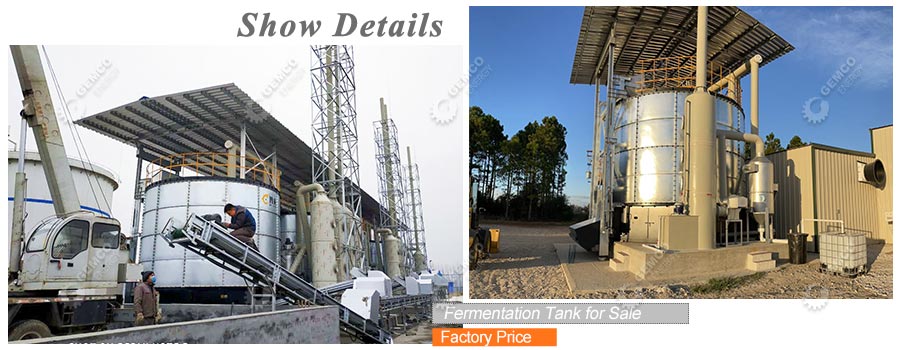
Factory Price Horse Manure Fermentation Tanks for Sale
With a composting fermentation tank, you will get a more efficient and environmentally friendly composting solution that will easily improve yield and quality! If you are interested in fermentation tanks, please contact us directly by clicking the button below.
How to Identify Contaminated Horse Manure?
When using horse manure as a fertilizer, it is very important to determine if the manure is contaminated, especially to avoid introducing chemicals or pathogens that can be harmful to your plants. Here are a few ways to determine if horse manure is contaminated:
- Know the Source of the Horse's Diet
Horse forage and feed is a significant source of contamination. If the forage comes from fields that have been sprayed with herbicides or pesticides, horse manure may contain residual chemicals. Pay particular attention to pesticide residues such as aminopyridines, which are harmful to plants.
- Germination Test
A simple germination test can determine if horse manure contains chemical contaminants such as herbicides. Mix horse manure with soil and plant sensitive crops (e.g. beans, tomatoes, etc.) and observe germination and growth. If there is deformity, yellowing or poor growth, it indicates possible contamination.
- Odor and Appearance Check
Normal horse manure has the odor of grass and manure and is dark brown or dark brown in color. If you smell a pungent chemical odor or notice that the horse manure is unusually colored (e.g., too bright), this may indicate chemical contamination.
- Composting
Ensure that horse manure is adequately fermented to eliminate pathogens such as E. coli. Fermented horse manure is usually odorless, fine-textured and suitable for use as a fertilizer.
- Laboratory Testing
If conditions permit, horse manure can be sent to a laboratory for chemical analysis to test for pesticides, heavy metals and other harmful substances.
You may be interested in:- Chicken Manure Fertilizer Machine
- Sheep Manure Fertilizer Production Machine
- Cow Dung Fertilizer Production Machine


